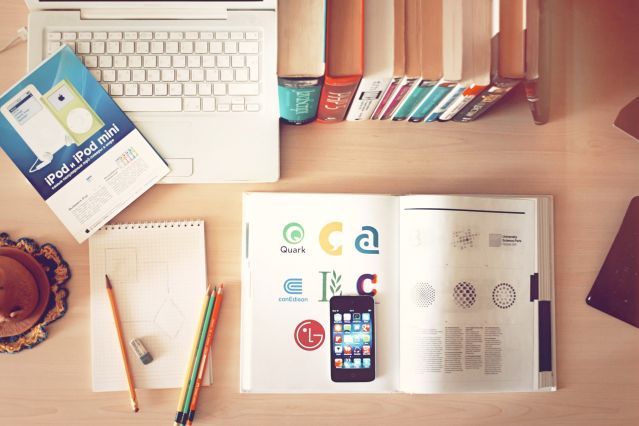Hormones
Why Do You Find It so Hard to Not Multitask?
Hint: Successful multitasking tricks your brain to release happy hormones.
Posted May 23, 2014

Most of us suffer from multitasking almost daily. Once you get used to doing it, it's almost impossible not to. You almost get a thrill from doing it, especially when it goes well. That's why it's so hard to stop multitasking because you've conditioned your mind and body to feel that thrill. Then you naturally go looking for the thrill by doing even more multitasking. But it's time to change that and start 'unitasking' because that thrill is simply an illusion.
Your attention is already being pulled in millions of directions daily so you really don't need to add multitasking to the list. Let's take the smartphone for example. On average you check your phone 110 times a day - that means you're spending 23 days every year glued to your smartphone! How productive do you think that makes you? Habits like these which encourage you to multitask make you mentally exhausted, spiritually disheartened, and cognitively unproductive.
But it's hard to let go of these habits because you've conditioned your brain to send misleading signals to your body. Research has shown that when you multitask 'successfully', you activate the reward mechanism in your brain which releases dopamine, the happy hormone. This dopamine rush makes you feel so good that you believe you're being effective and further encourages your multitasking habit. This rush can also make you overly optimistic which means your less careful about the work you do and more likely to make mistakes. Multitaskers basically get addicted to this dopamine rush which leads them to believe they are being effective when in fact they're not.
Multitasking also results in the release of stress hormones, like adrenaline, which have negative effects on your health in the long-term and also lead to short-term memory loss. That means that the little information we do take in when we're multitasking is more difficult to remember at a later stage. So even though you might enjoy the thrill of multitasking and think it's effective, it's time to think again.
You can find healthier, more balanced dopamine relases through ticking things on your to-do list through unitasking too. And since our brains can only effectively focus on one thing at a time, this is the way for you to accomplish more in less time. Research has suggested you're 50% quicker on average to accomplish a task if you unitask and you're also 50% less like to make errors. So it's a win-win for everyone! You'll also be able to appreciate things on a deeper level and get more enjoyment from them when you're focused. If you're chatting to a friend over coffee whilst checking your facebook, you're not making the most out of your time with your friend!
Now you're probably desperate to find out how to get rid of this multitasking habit so you can find real productivity. There is no easy answer. You simply have to commit to it and have the self-discipline to stick to one task at a time. Avoid having many programs open at once on your computer unless you need them to do this one task. You can get apps which block your social media (and even your email) except for certain times of the day. Make sure that you also take breaks in your unitasking because that's when your brain is at it's most effective and hence working it's hardest. That means it may need a 5-10 minute breather every 45 minutes or so to help stay focused. This could be going for a little walk, a stretch or a cup of tea - or rewarding yourself with 5 minutes by reading a blog or twitter. Just make sure you have a time limit to get back to your unitasking!
Just say to yourself: When I walk, I walk. When I talk to someone, I talk to someone. When I read, I read. It's as simple as that. Focus on the one thing you are doing - and you've mastered unitasking.


